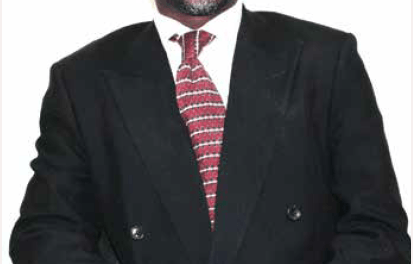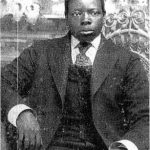
Leaders Lack Political Will to Combat Corruption

Not only in Malawi where corruption is rampant, rather most African ruling parties and leaders lack the political will
needed to genuinely tackle corruption. Legislative gaps in dealing with corruption are not strengthened. The enforcement of internal anti-corruption controls within states are not improving .
Sadly, scrutiny, enforcement and compliance in African public sectors have often been very low–creating opportunities for corruption.
The corruption-fighting capacity of existing institutions like the anti-corruption bureau must also be strengthened.
Africans need independent anti-corruption structures, which should be led by agencies in the private sector or civil society unlike the status quo. Such agencies will ensure that corrupt officials are brought to book, as well as forcing police and public watchdogs to follow up on cases of corruption exposed in the media and by whistle blowers.
Nonetheless, these watchdogs must get the appropriate resources required to attract the best candidates and to remunerate them (and in some cases protect them) appropriately. Furthermore, these institutions must be independent from the presidential office or the executive department, such as the police or justice ministry, and be accountable directly to parliament as the case now in Malawi and many other African countries.
African ruling parties must punish the bad behavior of their leaders and party members legally, socially and
politically, as well as reward those with good behavior. If this is highlighted and addressed publicly, governments
can begin to restore the moral authority and credibility needed to deal with transgressions from ordinary citizens. Exemplary leaders will encourage ordinary citizens (themselves included) to uphold the rule of law. Civil society
will have to play a role in ‘naming and shaming’ those leaders who espouse corrupt values while encouraging those who behave with integrity.
African ruling parties must train up and bring in a new caliber of leadership at all levels. As well as being competent and honest, these candidates must operate with integrity. Malawi as it enters into party conventions period very soon, a system of merit must be brought into the internal party elections. Candidates must be judged on the basis of competence, moral character and genuine commitment to public service. Merit-based appointments to jobs in the public service, and in politics, will significantly contribute to reducing the patronage system of jobs for friends and relatives, which only works to foster an environment of corruption.
Sometimes, excessive administrative red tape for the most basic public services, such as getting a business license, encourages corruption. African governments should do more to make administrative processes simpler and more transparent, which will reduce the opportunities for corruption. It is important for African countries to professionalize their public services. Merit-based appointments to jobs in public services, regulators and enforcement agencies will go a long way towards reducing the patronage system of ‘jobs for pals’, which fosters the environment for corruption. More transparent methods of appointment should be introduced, including making outcomes of decisions publicly available.
































